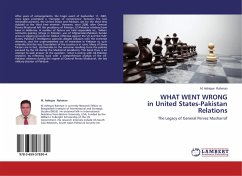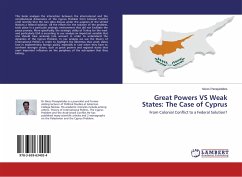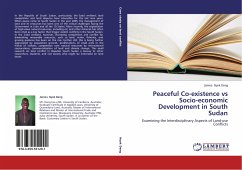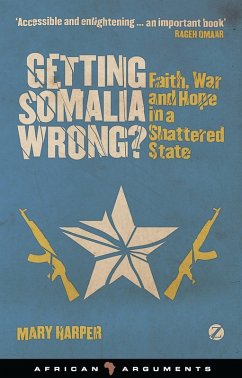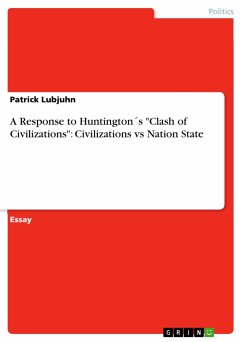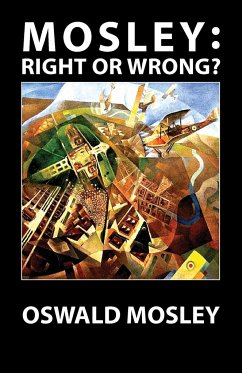
Right vs wrong, right vs right or wrong vs wrong?
The concept and history of nationalism in the Israeli-Palestinian conflict
Versandkostenfrei!
Versandfertig in 6-10 Tagen
32,99 €
inkl. MwSt.

PAYBACK Punkte
16 °P sammeln!
According to Ernest Gellner, nationalism is primarily a political principle, which holds that the political and the national unit should be congruent. Consequently only one nation should live within the state borders. Nationalism involves a strong identification of a group of individuals, and as Ger Duijzings states, conflict is an extremely powerful tool when it comes to creating identity. I see two diametrically opposite starting points for analyzing the conflict between Israel and Palestine. On the one side there is the unproblematic national group that works for civil rights in an area, an...
According to Ernest Gellner, nationalism is primarily a political principle, which holds that the political and the national unit should be congruent. Consequently only one nation should live within the state borders. Nationalism involves a strong identification of a group of individuals, and as Ger Duijzings states, conflict is an extremely powerful tool when it comes to creating identity. I see two diametrically opposite starting points for analyzing the conflict between Israel and Palestine. On the one side there is the unproblematic national group that works for civil rights in an area, and on the other side you have the battle for civil rights where enemies and adversaries are created as a necessity for maintaining national support and the identity of a group of people. To what extent can specific nationalist ideologies contribute to pointing out possible solutions to a conflict? In this case, how has the nationalist ideology of Zionism evolved and how does it influence and possibly suggest solutions to the ongoing struggle between Israel and Palestine?



